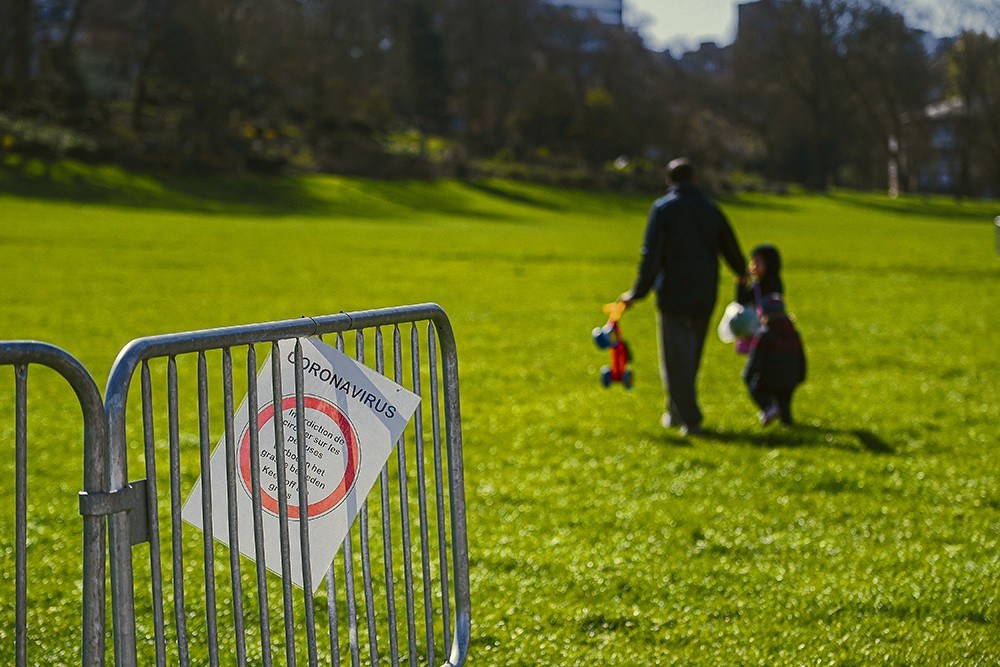A short, hard lockdown, which has to be communicated clearly and should involve an exit strategy, is the best way to guarantee people will continue to follow the coronavirus fighting measures, according to several experts in psychology.
People’s motivation depends on the framework and the timing of the measures taken in light of the severity of the pandemic, according to the latest ‘Motivatie Barometer’ report, which monitors the motivation, connectedness, and psychological health of the population during this crisis.
“A hard but short lockdown is the best option from an epidemiological perspective, but also from a psychological perspective it is the only chance to still motivate the population,” Professor Inez Germeys, a member of the "Psychology and Corona" working group, which advises the government, told Radio 1.
She advised the government to communicate clearly and to involve the people in the measures, arguing that “when people clearly know and can follow along what the consequences of our behaviour are, you create a perspective."
This is in line with the findings of the latest report, which found that, relaxations do not necessarily motivate and that tighter restrictions are not necessarily demotivating.
"It is wrong to assume that strict measures are by definition demoralising. Depending on how the measures are presented, people will voluntarily trade freedom for their safety and mental health,” according to motivation psychologist Maarten Vansteenkiste (UGent).
Related News
- "Four weeks of hell better than four seasons of purgatory,” says Belgian economist
- ‘Non-essential travel within Belgium will not be restricted,’ according to Petra De Sutter
The report found people are slightly more convinced of the need for more restrictions than in previous weeks and feel more capable of making the necessary efforts, which may be the result of rising corona figures, as they raise risk awareness which in turn can be a source of greater commitment.
However, motivation is still lower than at the beginning of the previous wave, whilst the risk awareness is lower now than it was in mid-October, when hospitalisation rates were just as high.
The psychologists said the Consultative Committee on Wednesday could help in this aspect if it reiterated the dangers associated with the virus, especially the British variety.
Research following the last Consultative Committee on Friday highlighted that there was a public perception that the government took too much of a “wait-and-see approach,” similar to that at the end of October, a week before the second lockdown was declared.
Germeys is aware that motivation is not very high at the moment, saying that "it is very understandable people are tired of it. This is why working towards a concrete goal and trying to reach that goal is what people need to stay motivated,” she added.
The report advised the government to take targeted action and choose interventions that have a signal function, such as a cooling-off week in education, as this helps ensure the population understands how great the risks still are.
It also said the government should point out that taking risk-reducing measures is crucial not only from a medical but also from a psychological perspective, as it put less pressure on people in the long run.
Lauren Walker
The Brussels Times

